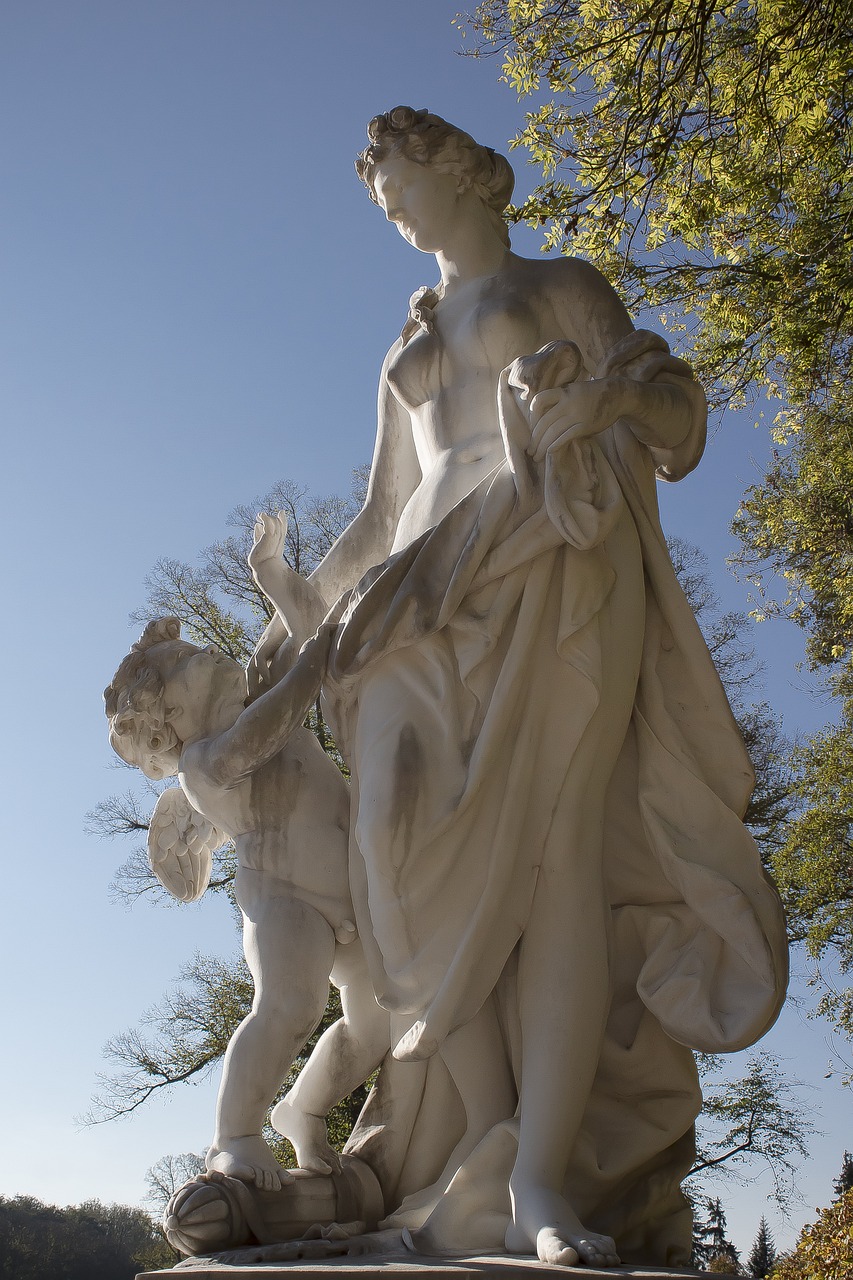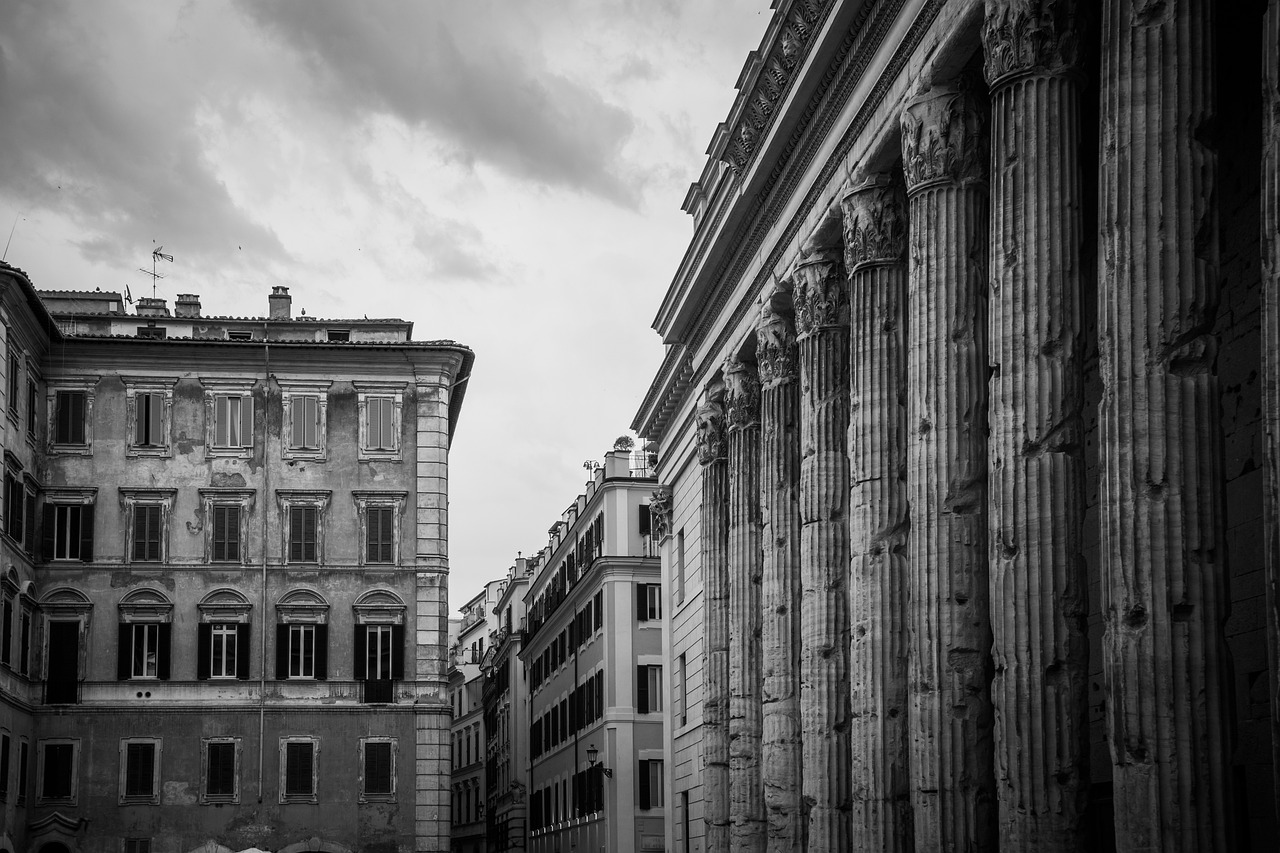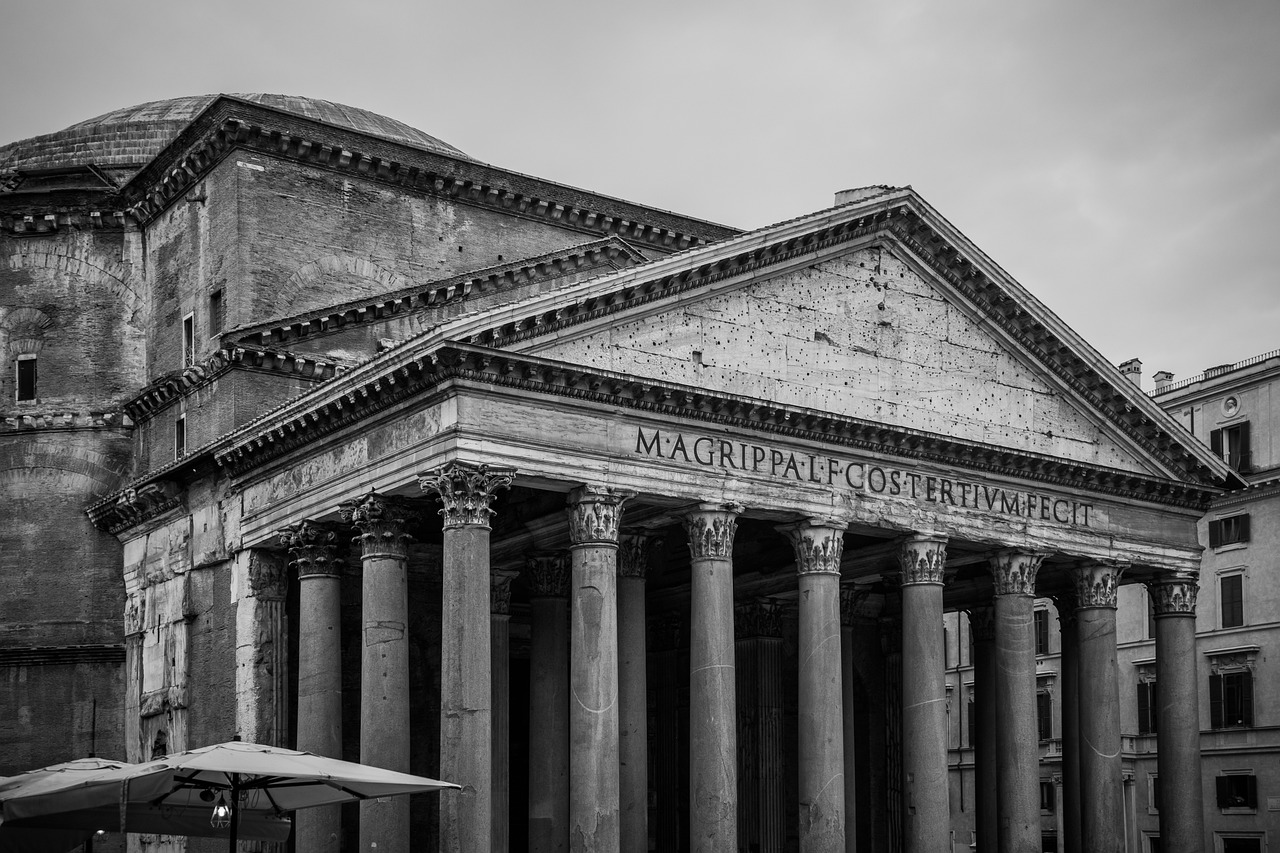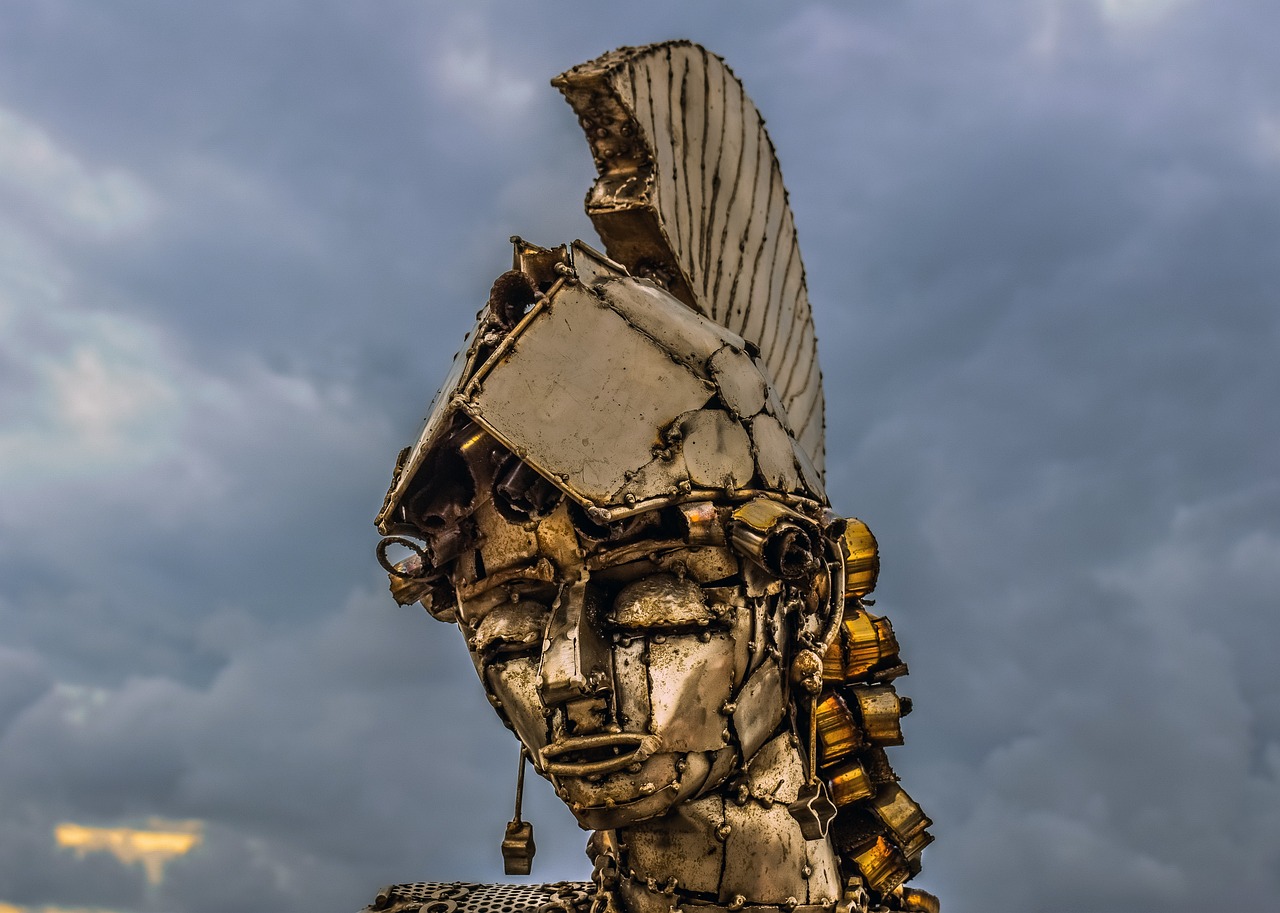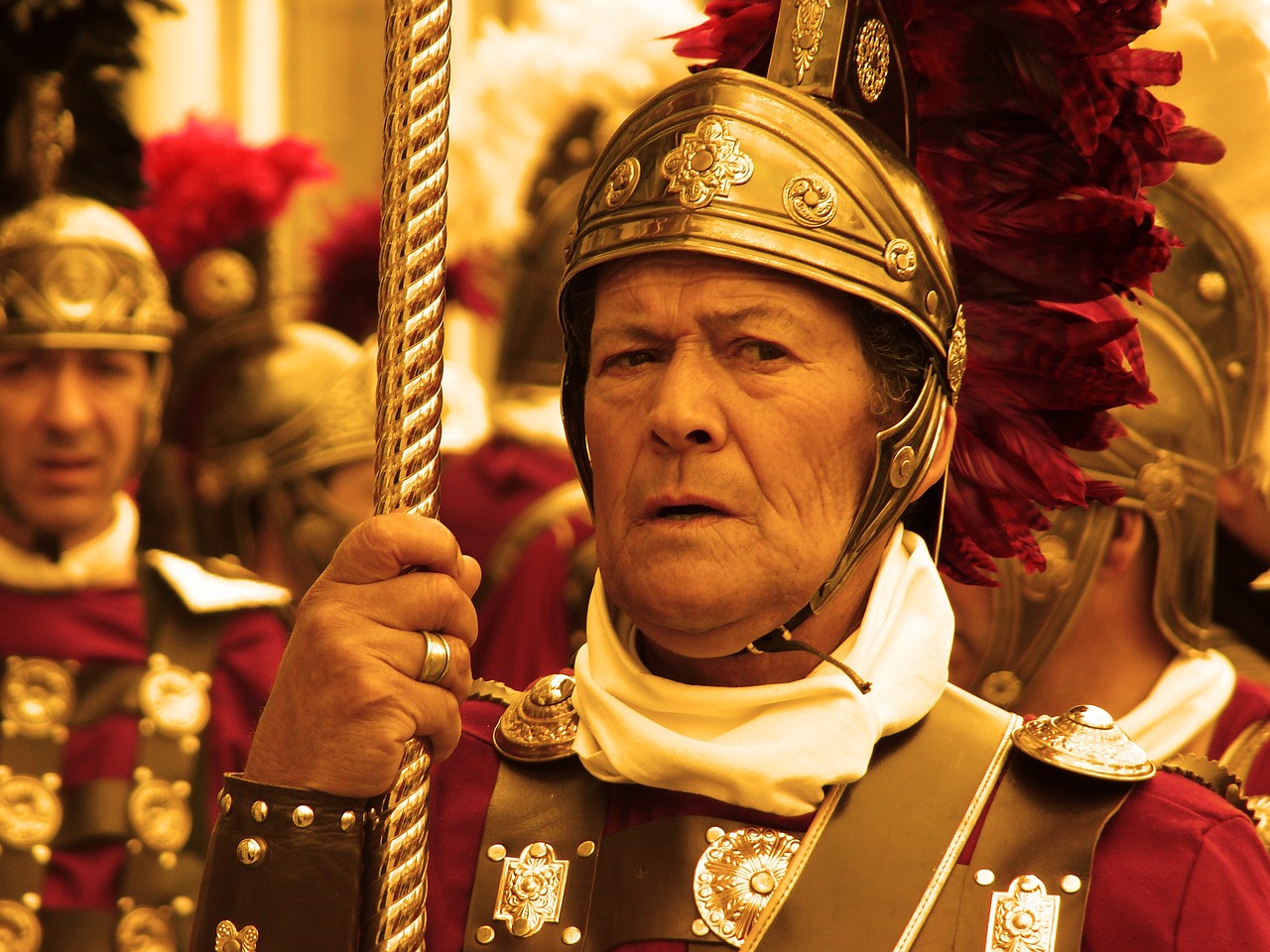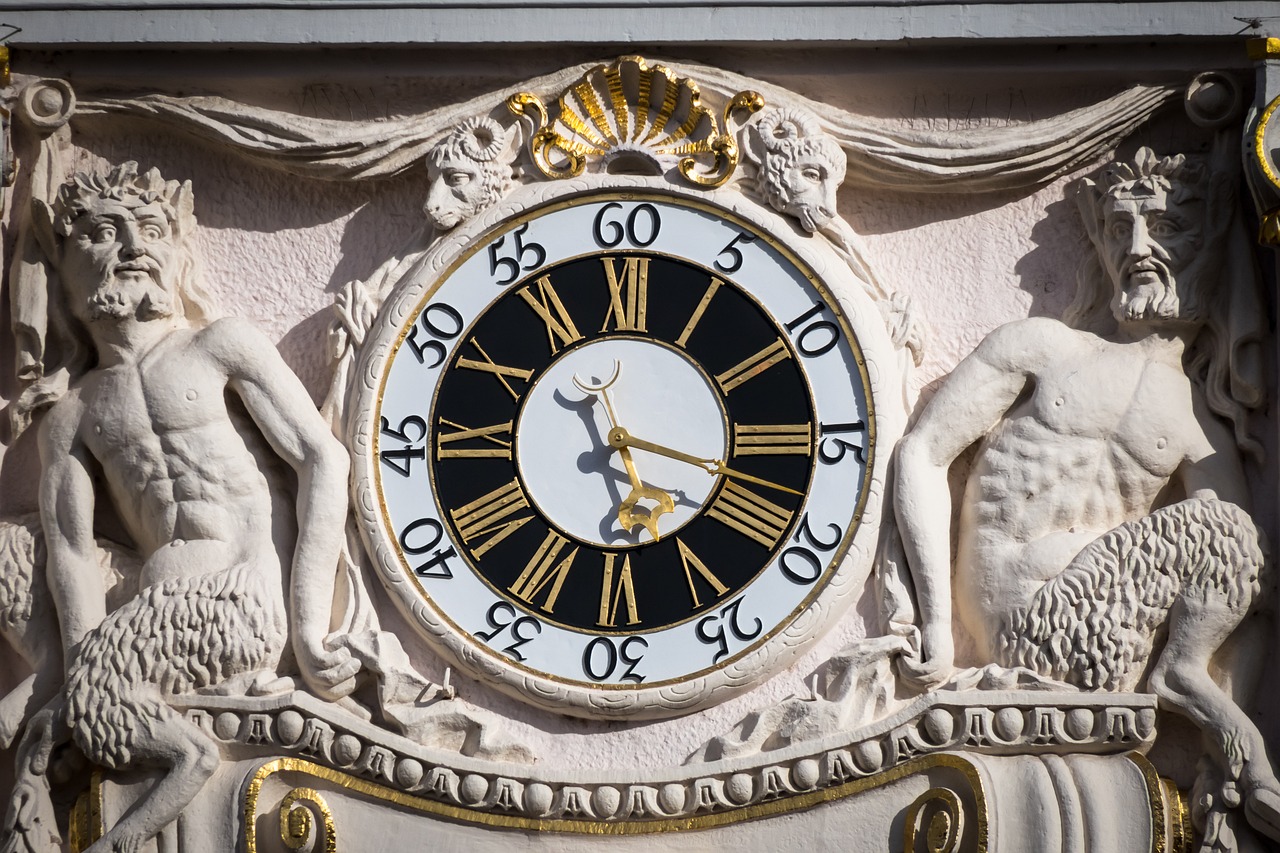Tag: Roman mythology
-
A magnificent marble statue of Juno clutching the infamous golden apple of discord graces a park in Sokyryntsi, Ukraine. In the realm of ancient Roman mythology, Juno ranked as the foremost goddess, being the spouse of Jupiter, the supreme deity, and holding the title of queen. Romans revered Juno as a guardian figure who provided…
-
Overview Apollo, originating from Greek mythology, was revered in Roman culture as the god of music, poetry, and the arts. He was not only a healer and law-giver but also a symbol of order in human society and a fountain of medical wisdom. Known for his prophetic abilities, Apollo was believed to dwell at Delphi,…
-
Overview of Venus: The Roman Goddess of Love Venus, the Roman embodiment of love, maternal care, sexual reproduction, and desire, was revered as one of the most beautiful deities in the Roman pantheon. Renowned for her ability to attract both mortals and gods, she exhibited a fluid approach to sexuality, captivating both male and female…
-
Overview of Jupiter in Roman Mythology Jupiter, known as Iuppiter in Latin, held the esteemed position of the paramount god within the Roman and Latin pantheon, overseeing the skies, weather, and the principles of order and state governance. His characterization closely aligns with the Greek god Zeus, revealing a shared lineage in mythology and iconography,…
-
Mors, the ancient Roman god associated with death, is sometimes referred to as Letum or Orcus. His presence in mythology is often aligned with the Greek deity Thanatos and the Etruscan god Charun. Although not widely honored, Mors holds a unique place in the pantheon of Roman mythology. In artistic representations, Mors is characterized by…
-
MINERVA: The Goddess of Wisdom Domains: Wisdom, trade, science, arts, medicine, crafts, professions, and war. Type: Major Deity Roman Name: Minerva Greek Equivalent: Athena Alternate Names: Minerva Medica, Minerva Achaea Festivals: Quinquatria (March 19-23), Minor Quinquatria (June 13) Temples: Temple of Minerva Medica, Delubrum Minervae Overview Minerva stands out among deities due to her diverse…
-
Tellus: The Roman Goddess of the Earth Tellus, often referred to as Tellus Mater, represents the Italian goddess of the earth. She played a significant role in ancient Roman spirituality, especially during seismic events and other natural phenomena. Notably, her temple located in Rome was established in 268 B.C. following an earthquake amid warfare. Romans…
-
Neptune, the Roman deity of the sea, is the sibling of both Pluto and Jupiter. He bears a striking resemblance to his Greek counterpart, Poseidon. Neptune is often intertwined with the concept of fresh water, and historical references to him appear as early as 399 BC. His name, which translates to “moist” in Latin, is…
-
Bellona, the Roman deity of conflict, holds a significant position in ancient mythology, often linked with Mars, the god of war. Frequently depicted as his companion, she is recognized in various roles including that of his spouse, daughter, sister, or charioteer. Her roots likely lie with the Sabines, an ancient tribe from the northeastern region…
-
Faunus, a horned god associated with the wilderness, meadows, and agricultural fields in ancient Roman culture, held additional significance as Inuus, particularly concerning the impregnation of cattle. Over time, he began to be linked to the Greek deity Pan in various literary works. Recognized as one of the early di indigetes in Roman religious tradition,…



